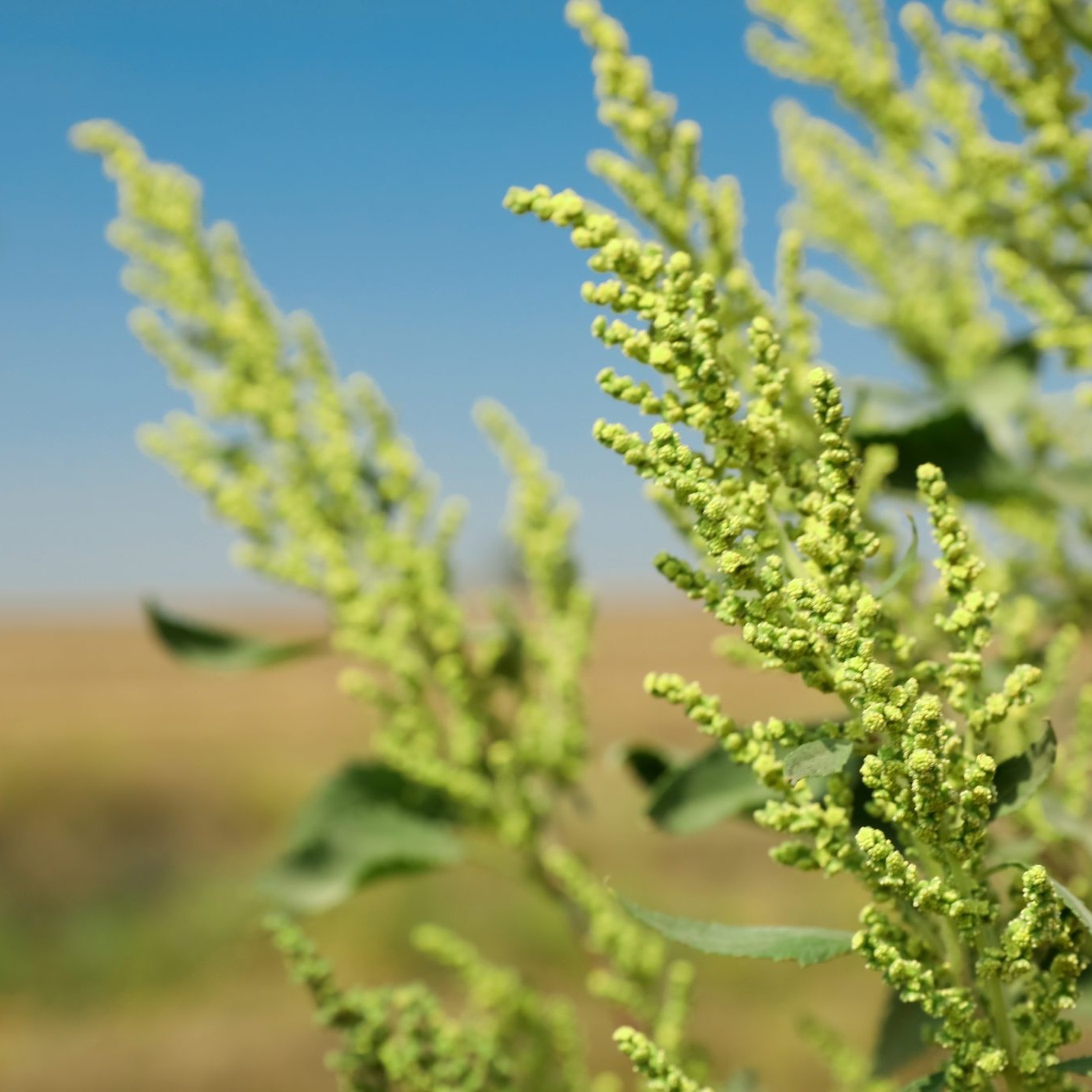If you hear a lot of sneezing this fall, it may be coming from Wichita.
Wichita ranked No. 1 in the 2013 Fall Allergy Capitals report, out Tuesday from the Asthma and Allergy Foundation of America (AAFA). The report compares the most challenging U.S. cities to live in for people with fall allergies.
The primary allergy trigger this fall will be ragweed pollen, says the not-for-profit organization, based in Landover, Md. It says outdoor mold also will be a problem because it continues to grow and is likely to be spread by fall weather and wind patterns.
The foundation looked at the 100 most populated, consolidated metropolitan statistical areas in the continental USA. The ranking is based on pollen scores, number of allergy medications used per patient, and number of board-certified allergists per patient. The report was sponsored by Dymista, a prescription nasal spray for relief of allergy symptoms.
An interactive map of the 100 cities is available at www.allergycapitals.com, along with resources for patients and doctors.
After Wichita, the highest-ranked cities are Jackson, Miss., and Knoxville, Tenn.
The top cities are “places where ragweed thrives,” says Mike Tringale, vice president of external affairs at AAFA. “In addition, there is some crossover — some grasses are still pollinating.”
A couple of major metropolitan areas jumped in the ranking. Dallas climbed from No. 26 last fall to No. 18 this fall, and Detroit moved up nine spots, to No. 19.
“Ragweed grows in urban areas, such as in cracks in sidewalks, along sides of roads and on roofs of buildings,” Tringale says.
“AAFA encourages the approximately 40 million Americans who suffer from seasonal allergies to learn more and consult an allergy specialist for proper diagnosis and treatment of seasonal allergy symptoms,” he says.
The ranking is not meant to get people packing their bags, he says. “Don’t move; improve. Improve your understanding of your diagnosis and your treatment. Improve your knowledge about how to avoid allergy triggers and reduce allergens in your home.”
“Allergies are bad everywhere,” says Michael Kaliner, medical director of the Institute for Asthma and Allergy, which has offices in Chevy Chase and Wheaton, Md. “If allergies are left untreated or treated with the wrong medication, it can cause some serious complications.”
Top 10 worst cities for fall allergies
1. Wichita
2. Jackson, Miss.
3. Knoxville, Tenn.
4. Louisville
5. Memphis
6. McAllen, Texas
7. Baton Rouge
8. Dayton, Ohio
9. Chattanooga, Tenn.
10. Oklahoma City
###
By Cathy Payne
September 17, 2013
usatoday.com
You may also be interested in . . .
Football, Food, and Fall Allergies
Fall has arrived and so have shorter days, cooler weather, and football season! Unfortunately for some, football, food and fall allergies go hand in…
Ragweed and Fall Pollen Allergies
Back to school season is here! Shorter days, crisp, cool evenings, and beautiful fall foliage are on the horizon. This time also marks the onset of weed…
The Worst Cities For Allergies In 2012
Each year, 40 million Americans suffer from seasonal allergies, when airborne irritants trigger an overreaction of the immune system, marked by itchy,…


